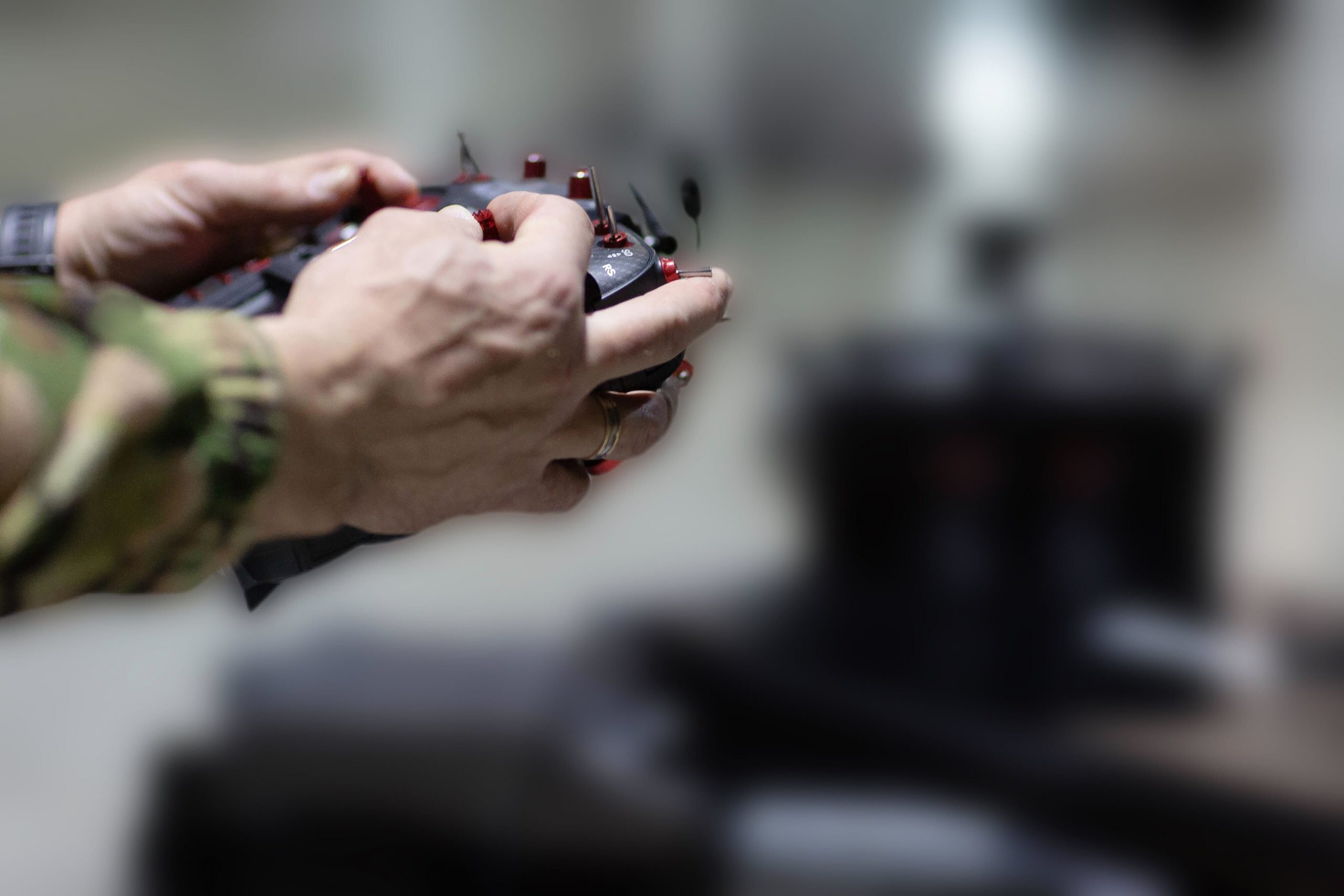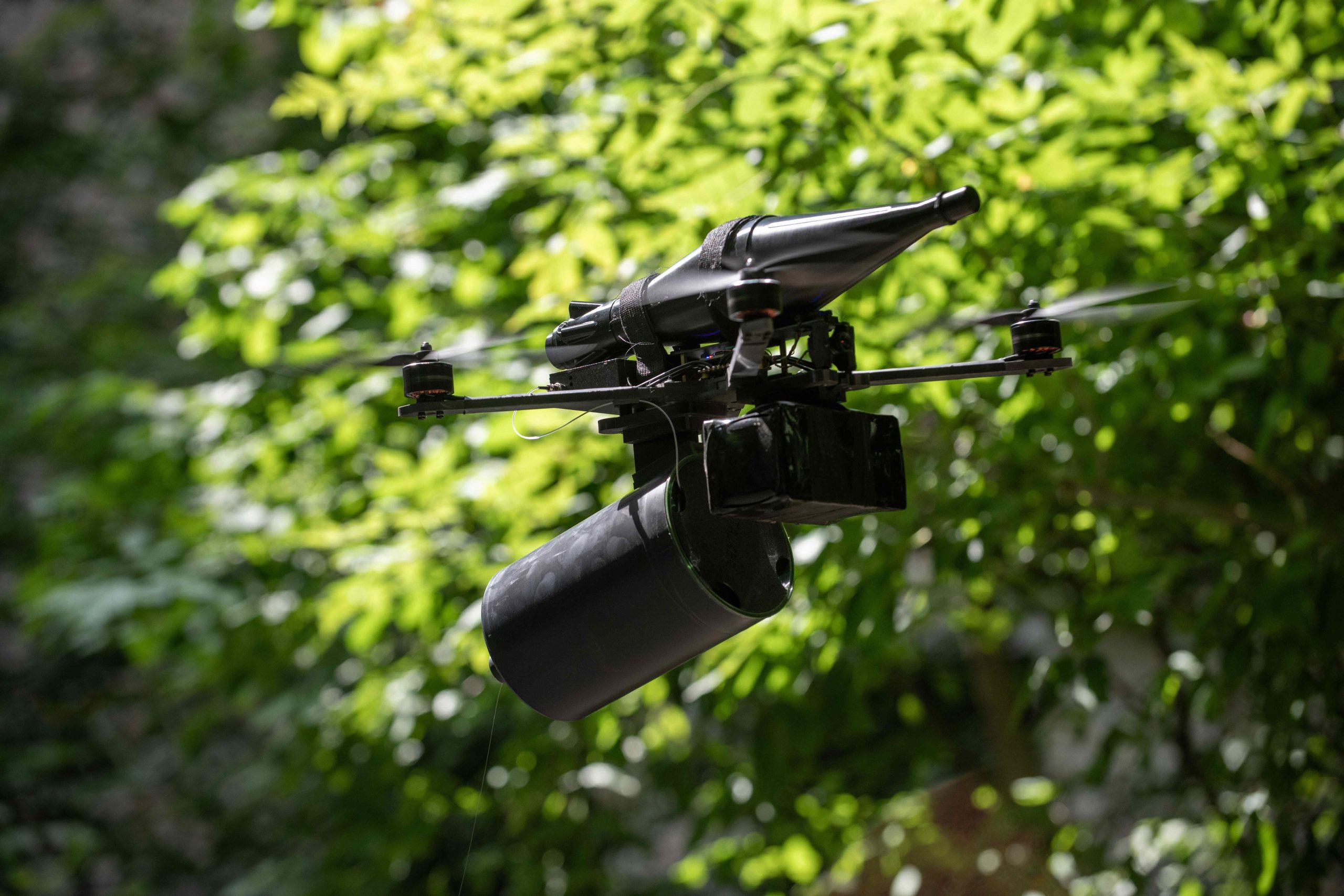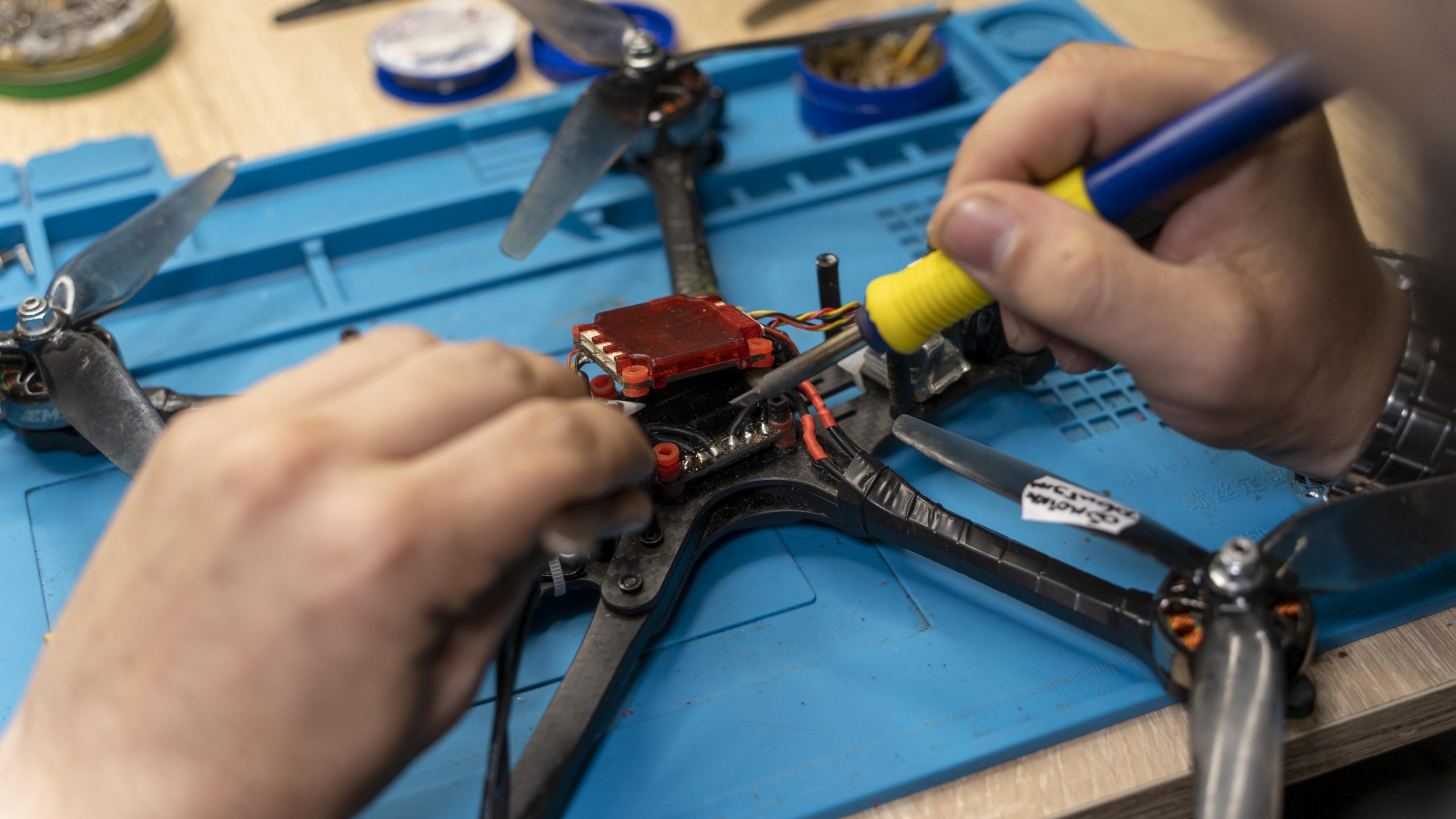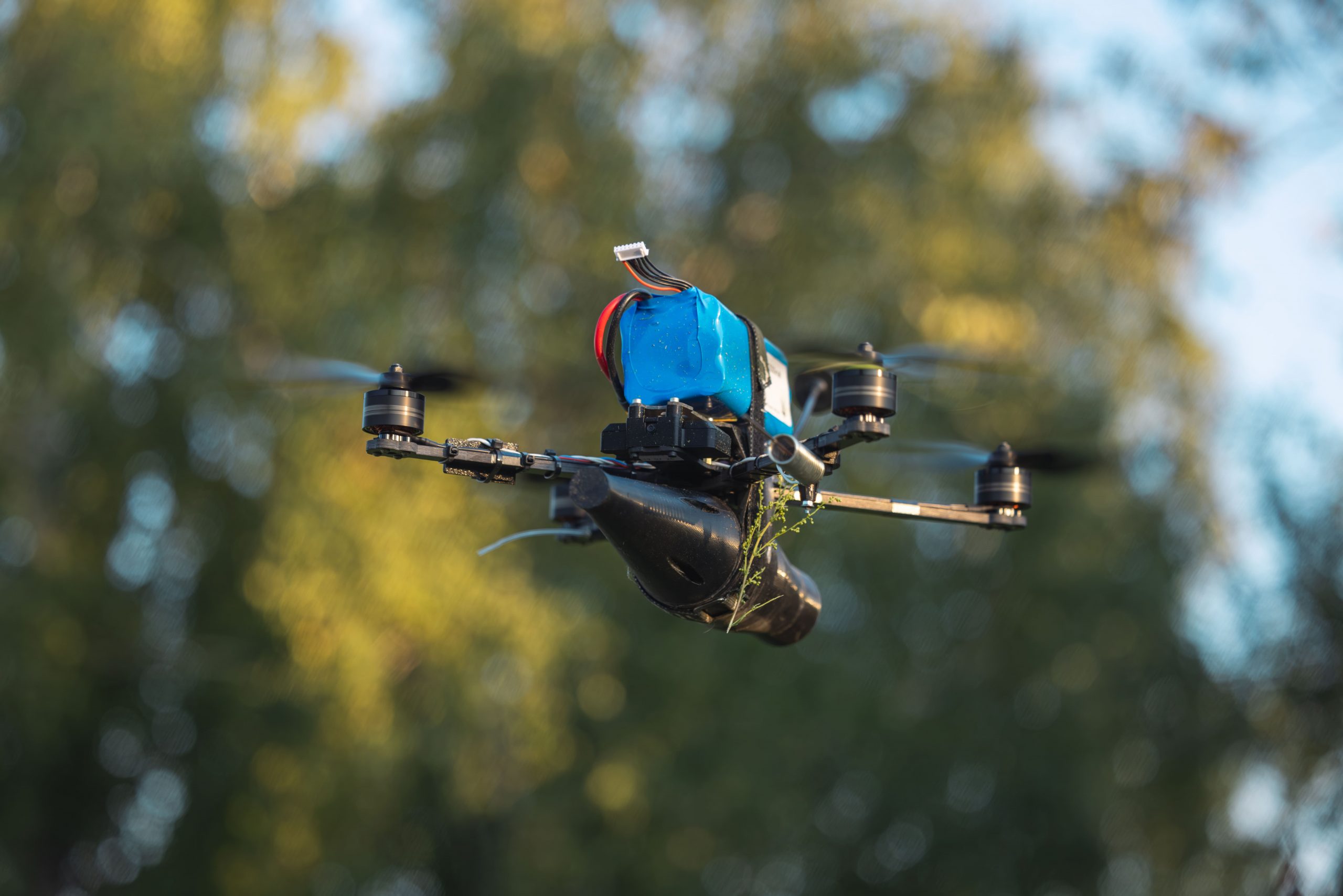Multi-Rotor FPV Drones
FPV (First Person View) drones are controlled through goggles, a headset or a display, creating the illusion of your own flight.
The course is designed for pilots who will learn to use attack (kamikaze) drones or launchers with FPV technology for combat missions.
Target audience:
The course is intended for officers, NCOs, privates, and service members from interested units, including company-level reconnaissance, intelligence battalions, brigade artillery groups, S2, air reconnaissance units, and SOF units.
Multi-Rotor FPV Drones
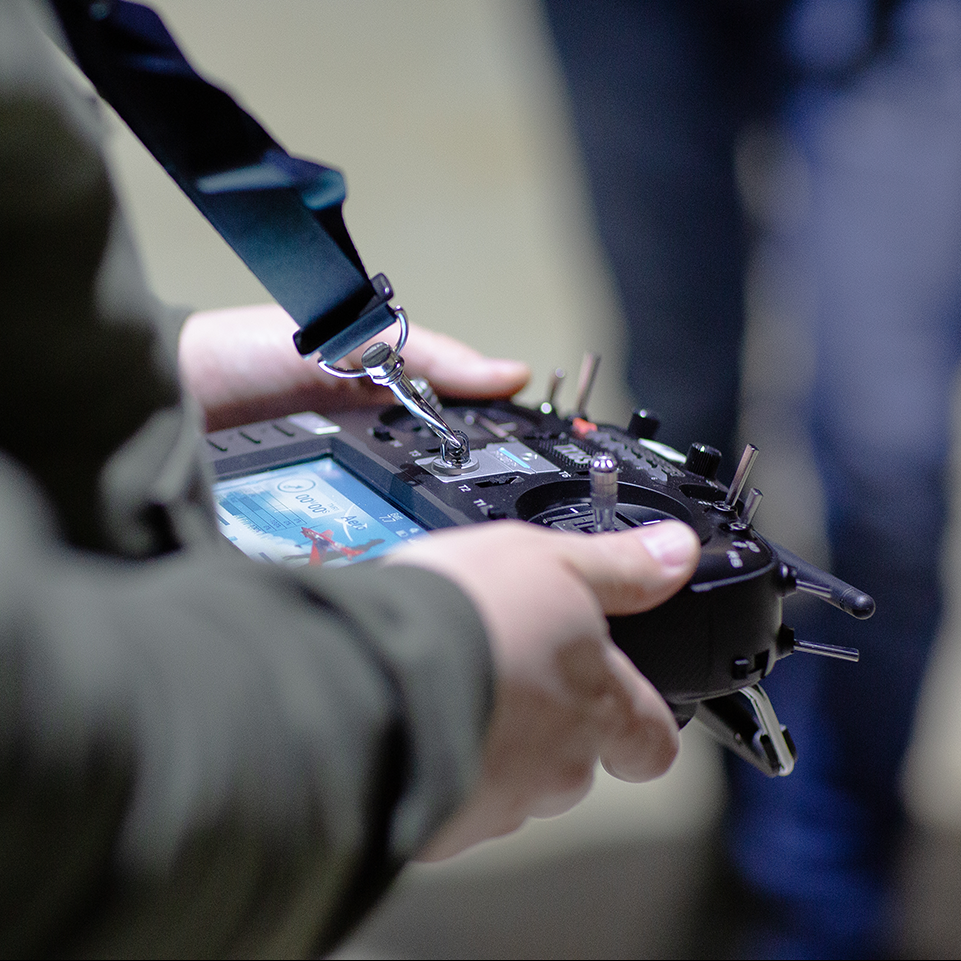
 en
en 